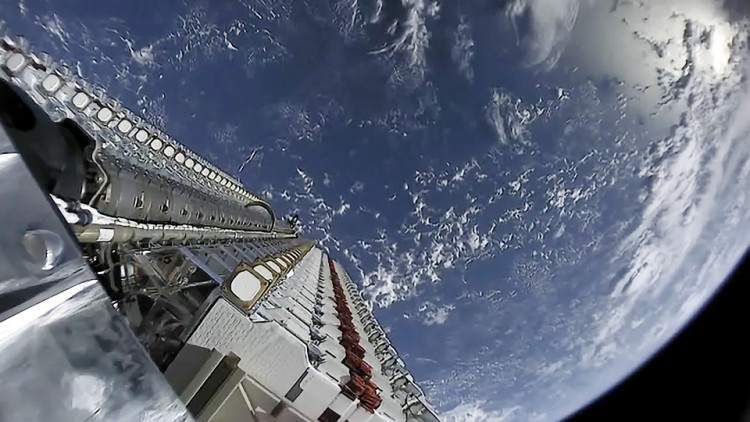To establish a constellation of satellites that might eventually eclipse the total number of spacecraft launched by mankind in all the decades before Elon Musk's rocket firm, SpaceX, more than 2,000 flying routers have been sent into space in recent years.
According to internet speed testing company Ookla, Starlink has surpassed the competition, recording the fastest median satellite broadband speeds in the majority of the locations where it is available and even exceeding the median speed of terrestrial fixed broadband services in Mexico, Australia, New Zealand, and several European nations.
Starlink has a big advantage over emerging rivals like Amazon's Project Kuiper because it is accessible in at least 32 nations worldwide.
Median upload speeds, a less significant parameter that measures how rapidly your devices deliver data to the network, declined from 16Mbps to 9Mbps over the past year, which is a small anomaly. That generally doesn't have a big impact on you unless you stream to Twitch using Starlink internet, which is a poor idea.
Ookla's most recent data reveals a median download speed of 152Mbps for fixed broadband in the U.S. In other words, while Starlink's satellite internet speeds are improving, they still lag far behind classic home internet services.
Starlink is far quicker than other satellite internet providers in the U.S. and Canada, with the noteworthy exception of Puerto Rico, where it is still having trouble keeping up with HughesNet.
That is one inference you can make from the most recent Speedtest data from Ookla, which covers the first full year of Starlink service following the beta launch in late 2020. The median download speed for Starlink in the U.S. climbed by a sizable 38% between the first quarters of 2021 and 2022, from 65Mbps to 90Mbps. It's interesting to note that the most recent figure is a little slower than the most recent quarterly report from the fall and winter of 2021 when Starlink registered a median speed of 104Mbps in the U.S.
In Lithuania, Starlink records its quickest median download speeds (160Mbps). In the U.S., Canada, and Australia, Ookla measured it at 91Mbps, 97Mbps, and 124Mbps, respectively.
Starlink's recent price increase, which now requires an initial expenditure of US$600 simply to buy the necessary equipment to make it operate, doesn't help matters either. Additionally, there is a US$110 monthly fee, which is reasonable and comparable to residential internet in New York City. It makes sense that providing pretty quick internet through satellite in remote locations would be expensive, but even so, that's a sizable sum of money to spend on the internet.






